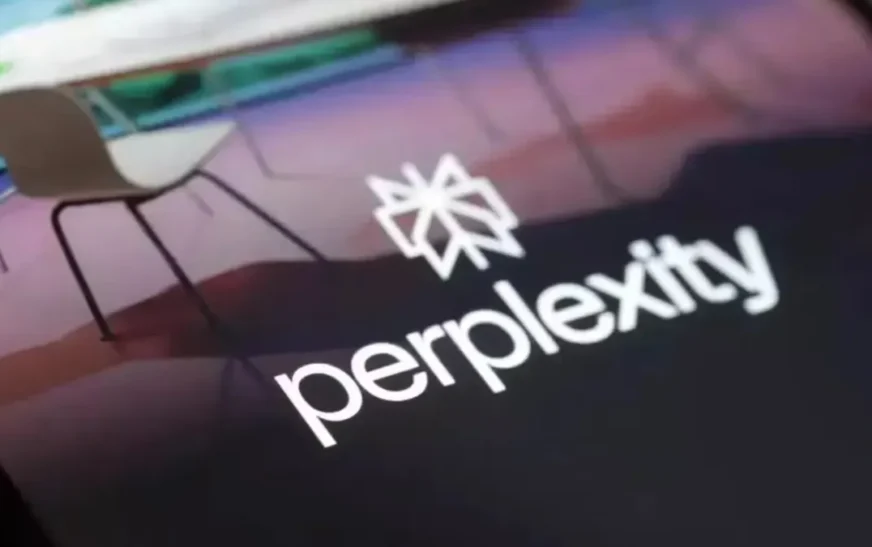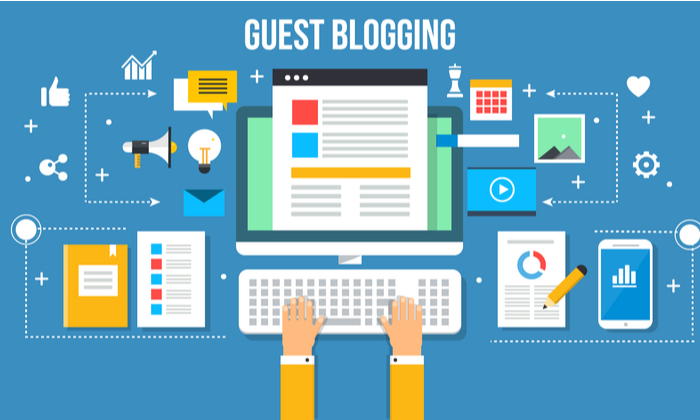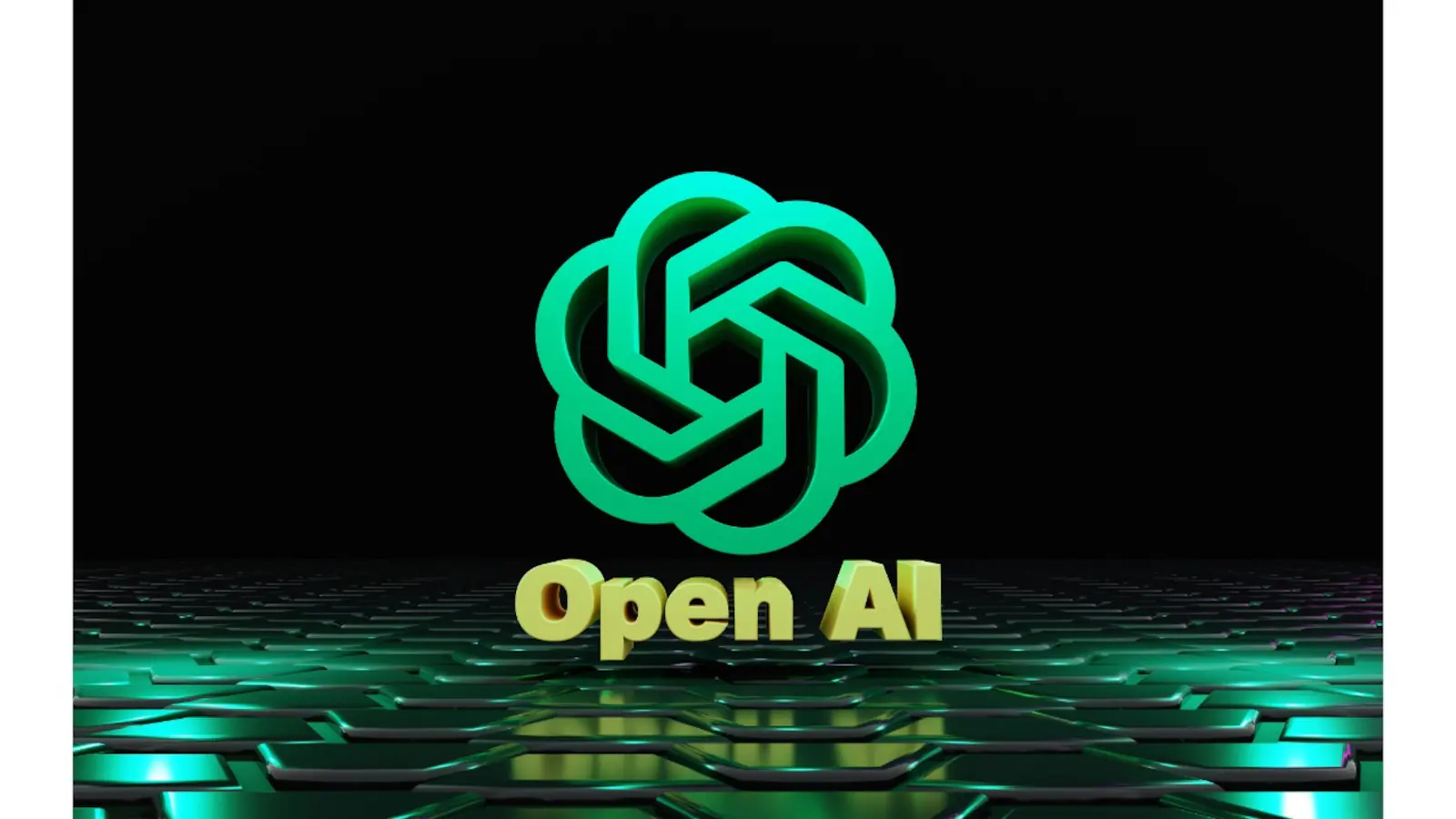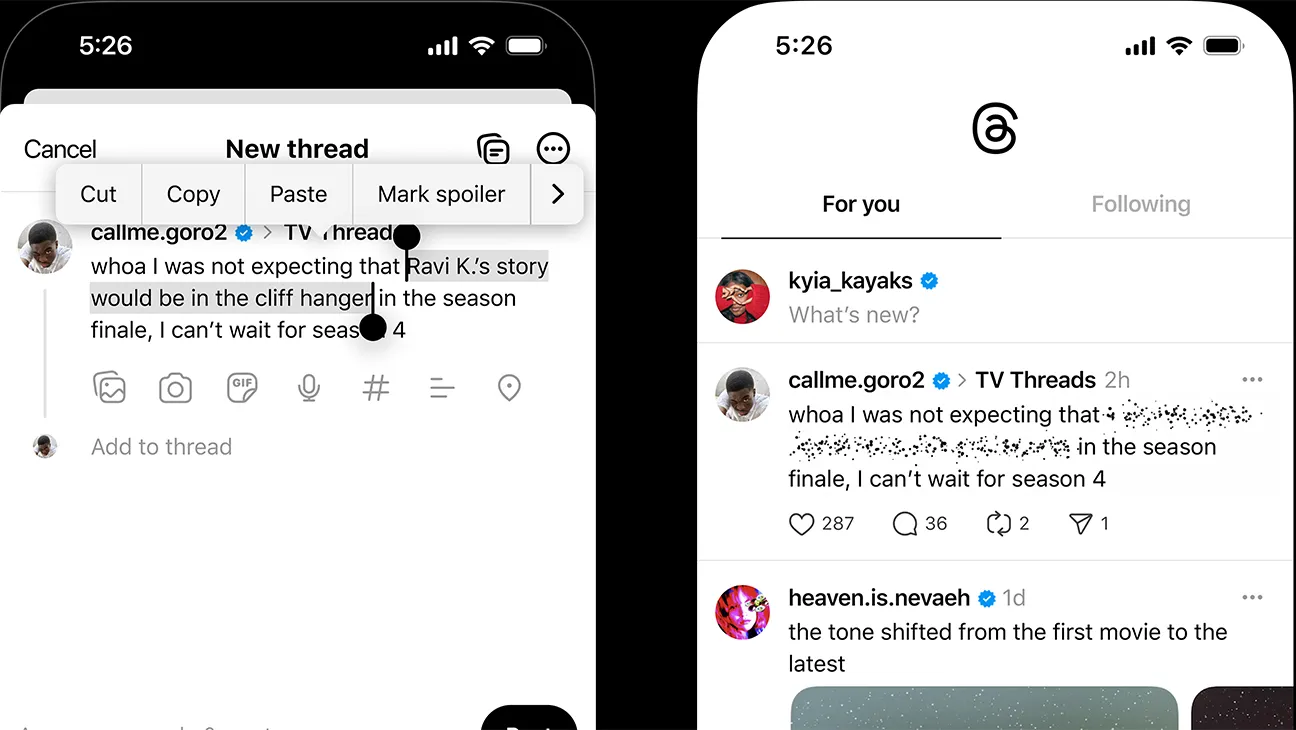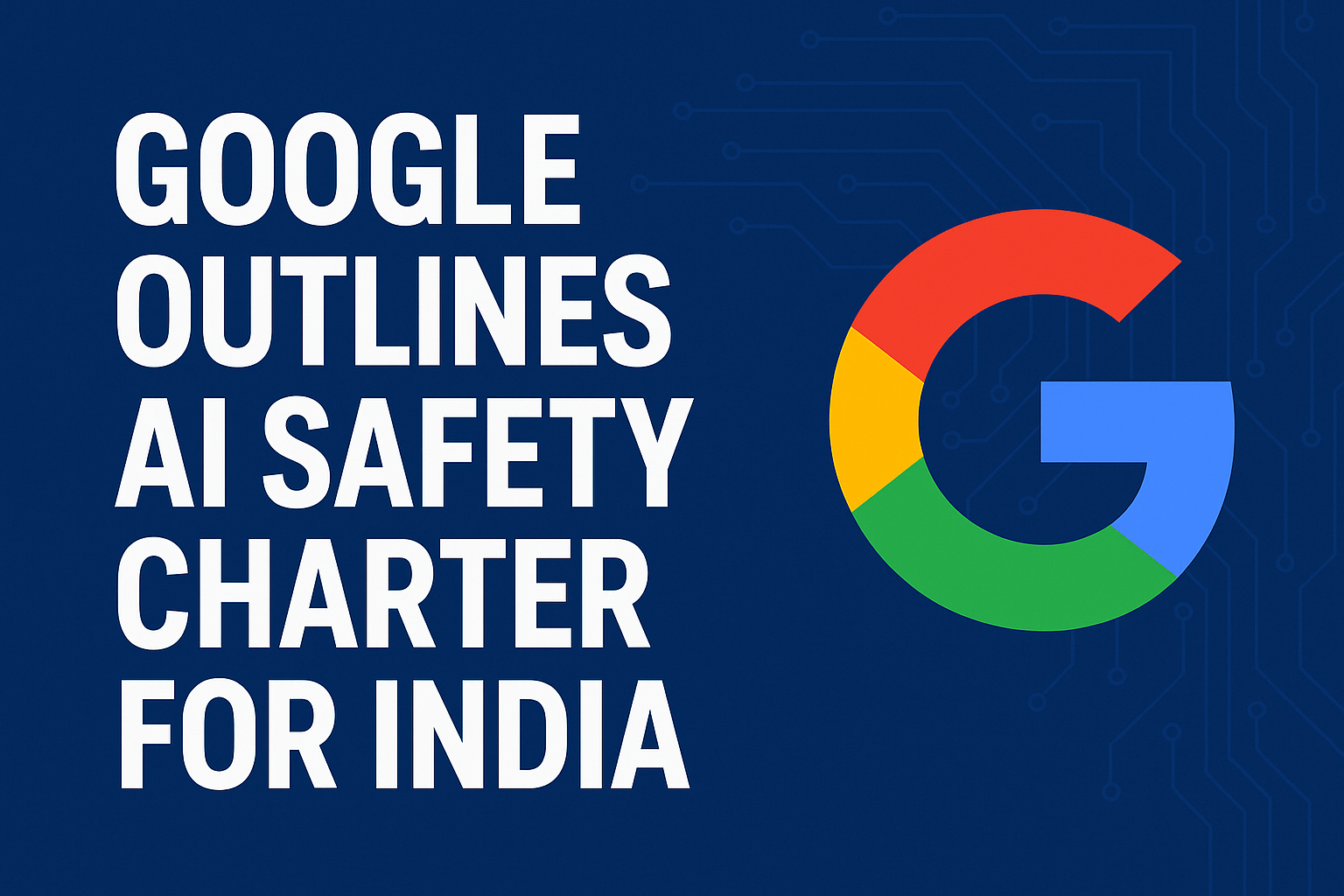In June 2025, the BBC accused Perplexity AI of reproducing content without permission, sparking a heated legal and ethical debate. As the first publicly‑funded broadcaster to sue over AI content scraping concerns, this marks a significant turning point in the conversation around intellectual property in AI. With AI models increasingly relying on massive web data, platforms like BBC fear not only revenue loss, but damage to journalistic integrity. In this post, we break down the Perplexity AI copyright dispute, explore the UK’s evolving AI copyright framework, and outline why this conflict matters for both publishers and AI developers.
What Happened? Timeline of Events
June 20, 2025: BBC sends a formal legal letter to Perplexity CEO Aravind Srinivas demanding the company:
- Cease scraping BBC content
- Delete existing BBC-derived data
- Propose financial compensation
This marks BBC legal action against AI for the first time. According to FT, BBC flagged instances where Perplexity “reproduced content verbatim” and cited a study showing 17% of its BBC-related summaries contained serious inaccuracies or missing context.
Perplexity immediately responded, calling BBC’s claims “manipulative and opportunistic” and stating the firm “has a fundamental misunderstanding of technology and IP law”.
This isn’t new territory for Perplexity: it has previously faced legal notices from Dow Jones, the New York Times, and New York Post, although it recently launched revenue-sharing agreements with outlets like Time, Fortune, and Der Spiegel.
Why This Matters – The Bigger Picture
1. AI Training Data & Copyright Law
As AI models learn from vast datasets, much of their input comes from web-scraped sources. But is this AI scraping without permission legal? UK publishers have long criticized legislation that allows scraping unless explicitly opted out. BBC’s action may force AI firms to negotiate licensing agreements—an emerging trend highlighted by AI content scraping concerns.
2. Protecting Journalism Integrity
BBC argues that AI tools risk misquoting news, misattributing sources, and misleading the public—diluting its reputation for impartiality. Internally, the BBC cited research showing 17% of AI outputs using its content contained significant errors.
3. Commercial Implications
BBC could monetize its archives via licensing to AI models—especially important while renegotiating its 10‑year funding charter. BBC’s strategy reflects broader media efforts urging lawmakers to update copyright rules and protect intellectual property in AI.
Perplexity’s Defense & Precedents
Perplexity maintains:
- It doesn’t build or train foundational models but acts as an interface for models from OpenAI, Google, and Anthropic. Their in‑house model, based on Meta’s Llama, is refined but not trained on BBC content directly.
- The BBC response is “manipulative and opportunistic” and “shows a fundamental misunderstanding of technology, the internet and intellectual property law”.
However, critics see a pattern: Perplexity previously got legal letters from Forbes and Wired, and was sued by Dow Jones. It then responded by launching revenue-sharing agreements with some publishers—but BBC remains outside that circle.
Legal & Policy Implications
A. Antitrust & Licensing Debate
BBC accuses Perplexity of preserving Google’s “illegal monopoly” by limiting access to content—claiming legal pressure helps balance corporate influence. The ongoing tussle illustrates the competitive tension between traditional media and Big Tech–backed AI.
B. UK & U.S. Copyright Reform
The UK is reviewing laws that currently allow scraping unless publishers opt out—a stance BBC executives and UK Culture Secretary Lisa Nandy have criticized. At the same time, BBC is registering its content with the U.S. Copyright Office, giving it stronger standing for statutory damages.
C. The Path Ahead
Expect court rulings, possible licensing frameworks, or injunctions requiring AI platforms to seek permissions. This could set precedents affecting global AI development and data-use norms.
What Publishers & AI Firms Should Do
- Negotiate licensing agreements with publishers—like Perplexity did with Time and Fortune—to avoid legal battles.
- Build transparent AI data pipelines, showing which datasets are used, and honoring
robots.txtrequests. - Invest in human review to minimize factual errors and maintain quality in AI outputs.
- Support balanced policy-making that respects both copyright ownership and AI innovation.
- Enhance public trust by clearly attributing sources, including linkbacks to original publisher content, ensuring fair use.
The BBC’s lawsuit against Perplexity AI is more than a single dispute—it’s a flashpoint in the wider struggle over AI training data, copyright enforcement, and journalistic credibility. As AI reshapes how content is consumed and monetized, clear rules and fair agreements are critical. Publishers may choose legal action—or partnerships. AI developers must tread carefully. And readers should demand transparency.
The coming months will determine whether this case becomes a turning point—or a legal warning shot echoing across both Silicon Valley and global newsrooms.

